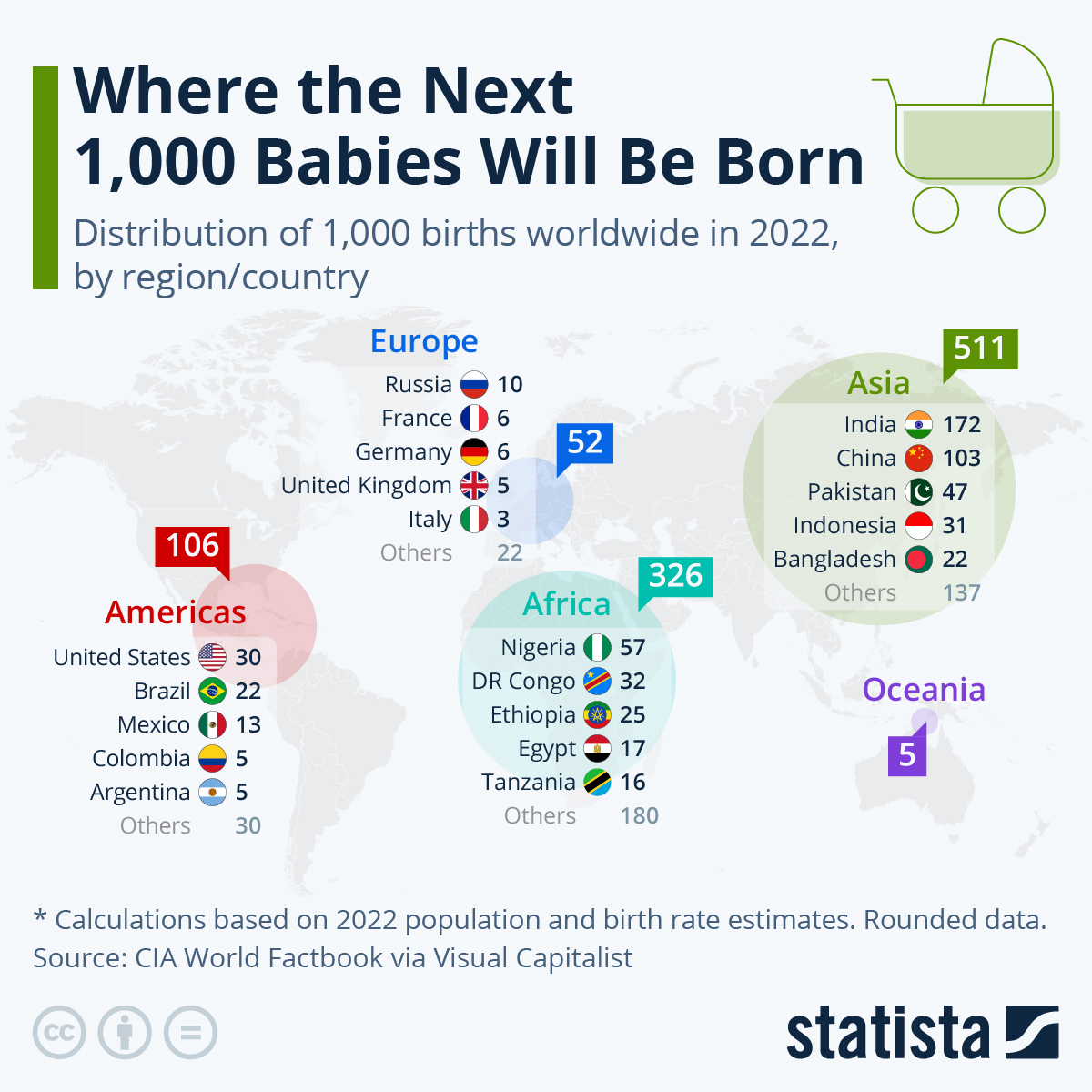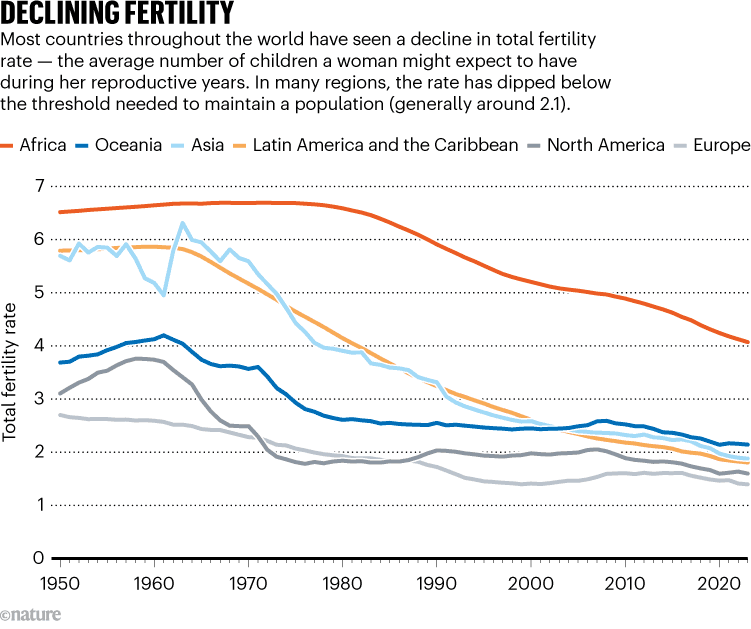Taiwan"s Birth Rate Decline Signals National Security Concerns
As of November 4, 2025, Taiwan is experiencing a significant decline in its birth rate, with a nearly 17% decrease in births recorded from January to September of this year. This trend positions Taiwan to potentially overtake South Korea as the country with the lowest fertility rate globally, with projections indicating Taiwan"s fertility rate will drop to approximately 0.75 children per woman, while South Korea"s is expected to rise to around 0.80.
Key Details
The decline in birth rates in Taiwan is alarming, as it reflects broader demographic trends that could have profound implications for the nation. The current fertility rate of 0.75 is significantly below the replacement level of 2.1 children per woman, which is necessary to maintain a stable population without immigration. This decline is part of a larger trend observed in East Asia, where countries like South Korea have also been grappling with low birth rates.
In response to the declining birth rate, Taiwan is looking to increase its workforce by attracting more immigrants from Southeast Asian countries, specifically Vietnam, the Philippines, and Indonesia. This strategy aims to bolster the population and, by extension, the labor force, which is crucial for sustaining economic growth and addressing labor shortages.
From a national security perspective, the implications of this demographic shift are dire. Experts warn that the pool of available military manpower in Taiwan is set to diminish significantly in the coming years. With a population of approximately 23 million people, Taiwan faces a stark contrast against the People"s Republic of China (PRC), which boasts a population exceeding one billion. This demographic imbalance raises concerns about Taiwan"s ability to defend itself in the event of increased tensions or conflict with the PRC.
Background
The demographic challenges facing Taiwan are not isolated but reflect a broader regional crisis in fertility rates. Countries like South Korea have been struggling with similar issues, leading to a competitive landscape where nations are increasingly concerned about maintaining their populations and workforce. The declining birth rates can be attributed to various factors, including economic pressures, changing social norms, and the high costs associated with raising children.
As previously reported, the implications of low birth rates extend beyond just population numbers; they affect the tax base and military recruitment, both of which are critical for a nation’s stability and security. The Taiwanese government has recognized these challenges and is actively seeking solutions to mitigate the impact of declining birth rates.

Image for Taiwan"s births down nearly 17% in 2025, fertility rate projected at ~0.75
Impact
The projected decline in Taiwan"s fertility rate and the subsequent decrease in population present significant challenges for the nation. The anticipated drop in military manpower could lead to vulnerabilities in national defense, especially given the geopolitical tensions in the region. While a direct conflict between Taiwan and the PRC is considered unlikely by some analysts, the potential for economic blockades or rising tensions remains a real concern.
As Taiwan navigates these demographic shifts, the government’s strategy to attract foreign workers will be crucial in maintaining economic stability and ensuring that the country can sustain its defense capabilities. The situation underscores the urgent need for comprehensive policies that address both the immediate and long-term implications of declining birth rates.
For more on related coverage, see recent developments in political dynamics that may influence Taiwan"s international relations.







![[Video] Gunfire between Iraqi security forces and Sadr militias in Baghdad](/_next/image?url=%2Fapi%2Fimage%2Fthumbnails%2Fthumbnail-1768343508874-4redb-thumbnail.jpg&w=3840&q=75)
